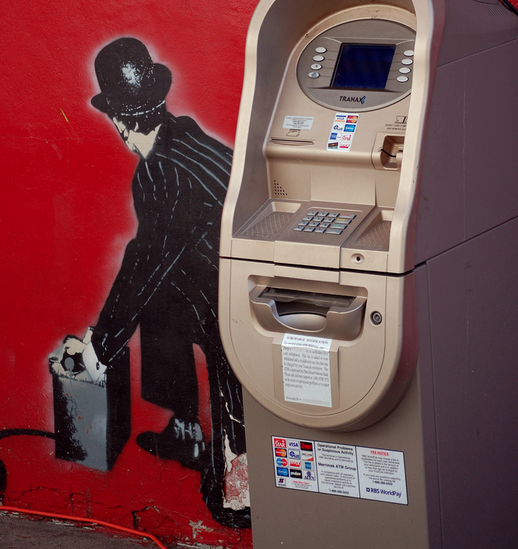Bank Of America’s New Debit Card Charges $5/Month For Something That Is Free On All Accounts

(laverrue)
Numerous news reports are making the addle-brained claim that BofA’s Safe Balance account would be good for “chronic overdrafters,” but apparently the people who wrote these stories ignored the fact that there is no need to have a special no-overdraft checking account just to make sure you don’t incur overdraft fees.
As part of the 2010 banking reforms, debit card users are now required to opt in to overdraft protection, meaning you must give the bank permission to let you spend more money than you have in your account. And even if you do choose to get overdraft protection, you can still later choose to opt out if you’re worried about over-spending and subsequently running up sizable fees for each transaction that takes you below a $0 balance.
So if you are someone whose bank balance tends to hover close to the overdraft line and don’t want to incur fees, don’t go signing up for some ridiculous, fee-laden card from the nation’s second-largest bank.
Take your money to another bank or a credit union that has truly free checking and make sure you do not opt in to overdraft protection. Be careful of sketchy attempts to upsell or auto-enroll you into overdraft protection, and don’t let the bank talk you into the protection.
A 2011 study found that a majority of those who opted-in to the protection in the wake of the rule change were mistaken about what they were getting.
Nearly 2/3 of those people who chose to accept protection said they did so because they wanted to avoid paying a fee if their debit card was rejected. But the truth is that you are not charged a fee if a debit card is declined while you are charged a fee if overdraft.
Want more consumer news? Visit our parent organization, Consumer Reports, for the latest on scams, recalls, and other consumer issues.

